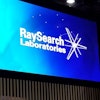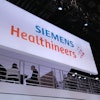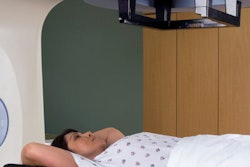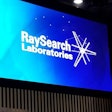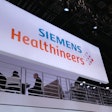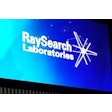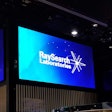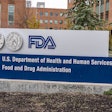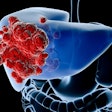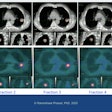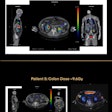Women who had radiation therapy for childhood cancers have an elevated risk of breast cancer later in life, similar to that of women with BRCA mutations, according to a study presented on Monday at the American Society of Clinical Oncology (ASCO) annual meeting in Chicago.
An analysis of more than 12,000 female childhood cancer survivors participating in the Childhood Cancer Survivor Study (CCSS) and 4,570 female first-degree relatives of women participating in the Women's Environment, Cancer, and Radiation Epidemiology (WECARE) study showed that rates of cancer were nearly comparable.
Women who had chest radiation for childhood cancers had a 24% incidence of breast cancer by the age of 50, compared with 31% for carriers of BRCA1 mutations. The incidence was even higher, at 30%, for survivors of Hodgkin's lymphoma.
Approximately 50,000 women in the U.S. have been treated with chest radiation of 20 Gy or more, and an estimated additional 7,000 to 9,000 received a radiation dose of 10 Gy to 19 Gy, according to principal investigator Chaya Moskowitz, PhD, a biostatistician at Memorial Sloan-Kettering Cancer Center. Many women do not realize that radiation to the chest can increase the risk for breast cancer, she said.
The Children's Oncology Group recommends that women treated with radiation of at least 20 Gy to the chest begin breast cancer surveillance with annual mammography and breast MRI at age 25, or eight years after radiation treatment, whichever occurs later. However, the study found that women receiving lower doses of chest radiation were also at risk for breast cancer and, thus, may also benefit from breast cancer screening.
The study was supported by grants from the U.S. National Cancer Institute. These grants are also being used by Moskowitz and colleagues to build a breast cancer risk prediction model for cancer survivors treated with radiation to the chest.
